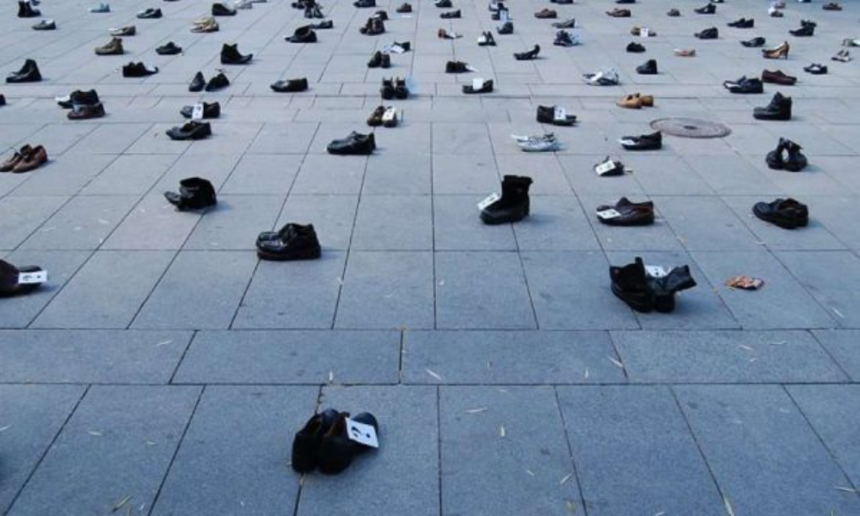Brussels, Belgium — The European Union is calling for immediate action to implement the Joint Declaration on Missing Persons between Kosovo and Serbia, signed over a year ago in Brussels. However, Serbia’s refusal to engage has left the agreement stalled, deepening concerns about the fate of over 1,600 missing persons since the 1999 Kosovo War.
In a recent interview with RTK, EU spokesperson Peter Stano confirmed that the declaration, which aims to resolve the longstanding issue of missing persons, has not yet been implemented. Stano explained that the process will begin only once Kosovo and Serbia reach an agreement on the Terms of Reference for the Joint Commission, which is intended to monitor the declaration’s progress. However, Serbia’s obstruction remains a key obstacle to any meaningful progress.
“The implementation of the Joint Declaration has not yet started. This will happen once the parties agree on the Terms of Reference for the Joint Commission,” Stano said. He noted that this issue was discussed during a meeting between chief negotiators in October, but Kosovo’s representation by UNMIK in the commission was not on the table, debunking claims of misrepresentation.
Serbia’s Stubborn Refusal Sparks Crisis
While Kosovo remains committed to the agreement, political analysts have raised alarm about Serbia’s refusal to cooperate. Experts argue that this delay is part of a broader denial of responsibility by Serbia, despite holding crucial data on the missing and the atrocities committed during the war.
Mazllum Baraliu, a prominent political analyst, accused Serbia of withholding vital information about the missing persons. “Serbia possesses all the details regarding the genocide and the whereabouts of the victims, including the missing in Kosovo, but refuses to release this information. The failure to do so is a direct affront to the families of the missing, who continue to endure unimaginable anguish,” Baraliu said.
Baraliu called for the international community to accelerate the process, stating that Serbia’s lack of transparency is a deliberate strategy to avoid accountability and prolong the suffering of the victims’ families.
Political Turmoil and Rising Tensions
The lack of progress on this humanitarian issue has also sparked political tensions. Albinot Maloku, another expert on Kosovo-Serbia relations, pointed to Serbia’s continued refusal to acknowledge its actions in the 1990s, complicating efforts to resolve the issue. “Serbia continues to deny its role in the 1999 Kosovo conflict and the subsequent disappearance of thousands of civilians,” Maloku remarked. “Despite the EU’s role as a mediator, Kosovo’s failure to capitalize on diplomatic moments has resulted in delays and an uneven balance in the negotiation process.”
The European Union, which brokered the Brussels Agreement and Ohër Agreement, is facing criticism for not pressuring Serbia enough, which is seen as stalling the implementation of key provisions. “The EU’s lack of action has resulted in frustration in Kosovo, as international pressure on Serbia remains weak,” Maloku concluded.
Over 1,600 Missing and Counting
Since the 1999 Kosovo War, over 1,600 people remain missing, with many feared buried in mass graves in Serbia. The unresolved issue has become a political flashpoint, with Kosovo’s government demanding accountability and Serbia resisting calls to open its records and release information about the missing.
As tensions continue to rise, the EU’s commitment to resolving this issue will be closely scrutinized. The families of the missing, many of whom have been waiting for over two decades for answers, are growing increasingly impatient. International pressure is mounting on both sides to ensure that this humanitarian crisis does not remain unresolved.







